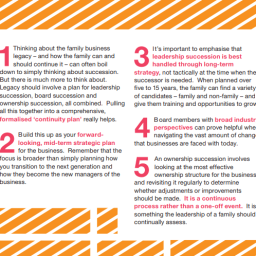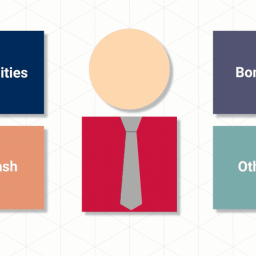
In this day and age with information on individual companies being so readily available individuals like me and you can often get caught up in the hype and think we can make some money while investing in individual companies (stocks). The alternative to investing in individual stocks is investing in 1000’s of stocks at once, this is known as tracking the index and ensures that you are capturing the greatest and biggest companies in the world, one would do this via a fund. Investing in individual stocks and investing in a fund that tracks the index each come with their own set of risks. Here are some key risks associated with each approach:
Investing in Individual Stocks:
- Lack of Diversification:When investing in individual stocks, your portfolio is concentrated to those individual companies. If one or a few of these individual companies perform poorly, it can have a significant impact on your overall investment returns. Diversification is important for spreading risk and reducing the impact of any single company’s performance.
- Company-Specific Risk:Individual stocks are exposed to company-specific risks such as poor management decisions, product failures, regulatory issues, or lawsuits. If any of these events occur, it can lead to a decline in the stock’s value.
- Market Volatility: Individual stocks can be subject to greater price volatility compared to a diversified fund that tracks the index. Stock prices can fluctuate significantly due to company-specific news, market sentiment, economic conditions, or other factors. This volatility can result in potential losses if the stock price declines.
- Research and Monitoring:Investing in individual stocks requires conducting thorough research and monitoring of the companies you invest in. It requires staying updated on company financials, industry trends, and other relevant information. Failing to stay informed can increase the risk of making poor investment decisions.
Investing in a Fund that Tracks the Index:
Diversification
Funds offer diversification by investing in a wide array of stocks, bonds, or other securities. This spreads out risk, meaning the poor performance of a single security has a much smaller impact on the overall portfolio, enhancing stability and potentially reducing losses.
Passive Management
Passively managed funds, such as index funds, aim to replicate the performance of a specific market index rather than trying to outperform it. This approach involves less frequent buying and selling, which can lead to lower management fees and reduced transaction costs. For individual investors, passive management offers a straightforward and cost-effective way to participate in broad market gains without needing to constantly monitor or adjust their investments.
Liquidity and Convenience
Investing in a fund provides liquidity and convenience, as most funds allow investors to buy and sell shares with relative ease. This makes it simple to access money when needed, a flexibility that is advantageous compared to some individual stocks which might be harder to sell quickly without impacting their price. Even though the option to sell is always available we would never recommend a client invests any funds if they are going to need them in the short term.
Cost Efficiency
Funds often come with lower transaction costs. Since funds buy and sell securities in large volumes, they can often secure better transaction rates than individual investors. This cost efficiency can enhance the net returns for investors.
In conclusion, while individual stocks offer the potential for high returns, they come with significant risks and require extensive research and active management. In contrast, investing in index funds provides broad market exposure, reduced risk through diversification, and cost efficiency due to lower fees and passive management. For most investors, especially those seeking a more hands-off approach, index funds represent a balanced and prudent investment strategy, offering stability and consistent returns over time.
If you want to discuss your own portfolio or would like to discuss this topic in more detail, then please send me an email via rqueally@metisireland.ie
Ronan Queally
Private Client Manager
Disclaimer
Metis Ireland Financial Planning Ltd t/a Metis Ireland is regulated by the Central Bank of Ireland.
All content provided in these blog posts is intended for information purposes only and should not be interpreted as financial advice. You should always engage the services of a fully qualified financial adviser before entering any financial contract. Metis Ireland Financial Planning Ltd t/a Metis Ireland will not be held responsible for any actions taken as a result of reading these blog posts.
















